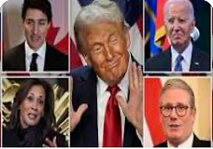
La verdad es la luz, y ellos eligen las tinieblas
Un análisis reciente de las elecciones en 73 países, realizado por el periódico británico The Telegraph ilustra los descalabros de la izquierda en docenas de votaciones 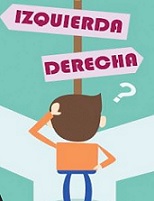 celebradas en el mundo en 2024. El informe sale a relucir tras un año de triunfos electorales a nivel internacional para los conservadores, que culminó con la elección de Donald Trump a la presidencia de Estados Unidos.
celebradas en el mundo en 2024. El informe sale a relucir tras un año de triunfos electorales a nivel internacional para los conservadores, que culminó con la elección de Donald Trump a la presidencia de Estados Unidos.
Los partidos alineados con la derecha lideran con más de 1.5 billones (57%) de personas en los países que votaron por ellos en 2024, una cifra récord en un solo año. En cambio, los partidos políticos de izquierda sufrieron bajones extremos y son ahora más impopulares que en cualquier otro momento desde la Guerra Fría (1947-1991).
Un vistazo global 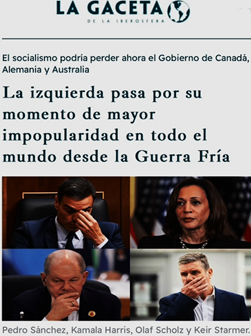
Según el informe del Telegraph, 2024 fue el peor año para los partidos de izquierda en Europa Central y Oriental desde la caída de la Cortina de Hierro. La derecha centrista, ganó en Croacia y Bulgaria. En la República Checa se espera que este año gane las elecciones, Andrej Babic, un empresario conservador, que lleva 14 puntos de ventaja a su oponente.
El Partido Conservador de Australia supera el apoyo popular (que rechaza el gobierno de izquierda) para las elecciones de finales de 2025.En Nueva Zelandia,la izquierdista primera ministro Jacinta Ardern renunció en 2023 y fue reemplazada por Christopher Luxon, líder del Partido Nacional de Centro Derecha.
- Hits: 1265
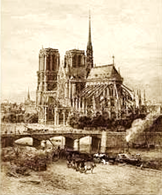
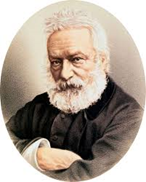 Es sin lugar a dudas, una construcción sublime y majestuosa… una vasta sinfonía en piedra; el trabajo colosal de un hombre y su gente. Así define la catedral de Notre-Dame de Paris, el escritor francés, Víctor Hugo en su novela El jorobado de Nuestra Señora.
Es sin lugar a dudas, una construcción sublime y majestuosa… una vasta sinfonía en piedra; el trabajo colosal de un hombre y su gente. Así define la catedral de Notre-Dame de Paris, el escritor francés, Víctor Hugo en su novela El jorobado de Nuestra Señora.

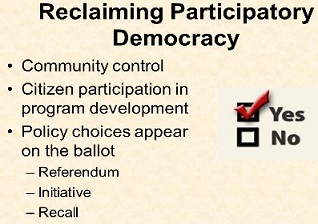
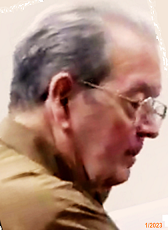 ¡NO! La democracia auténtica depende de un consenso nacional en el que prime un ambiente de fraternidad humana donde mayorías y minorías, amigos y adversarios muestren el debido respeto mutuo a la hora de tomar decisiones. Por lo tanto, la democracia no puede prevalecer si descuida el propósito de promover una sociedad a la medida del hombre, edificada sobre principios más humanos y sobre firmes cimientos éticos integrados por:
¡NO! La democracia auténtica depende de un consenso nacional en el que prime un ambiente de fraternidad humana donde mayorías y minorías, amigos y adversarios muestren el debido respeto mutuo a la hora de tomar decisiones. Por lo tanto, la democracia no puede prevalecer si descuida el propósito de promover una sociedad a la medida del hombre, edificada sobre principios más humanos y sobre firmes cimientos éticos integrados por: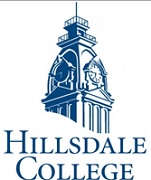
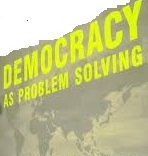 Thus the only hope for a sustainable, democratically legitimate populist reform movement today is on the Right. The question is whether the leaders of the movement can harness the highly negative energy from which the populism emerges and channel it toward a coherent, positive politics of national renewal and reform.
Thus the only hope for a sustainable, democratically legitimate populist reform movement today is on the Right. The question is whether the leaders of the movement can harness the highly negative energy from which the populism emerges and channel it toward a coherent, positive politics of national renewal and reform.